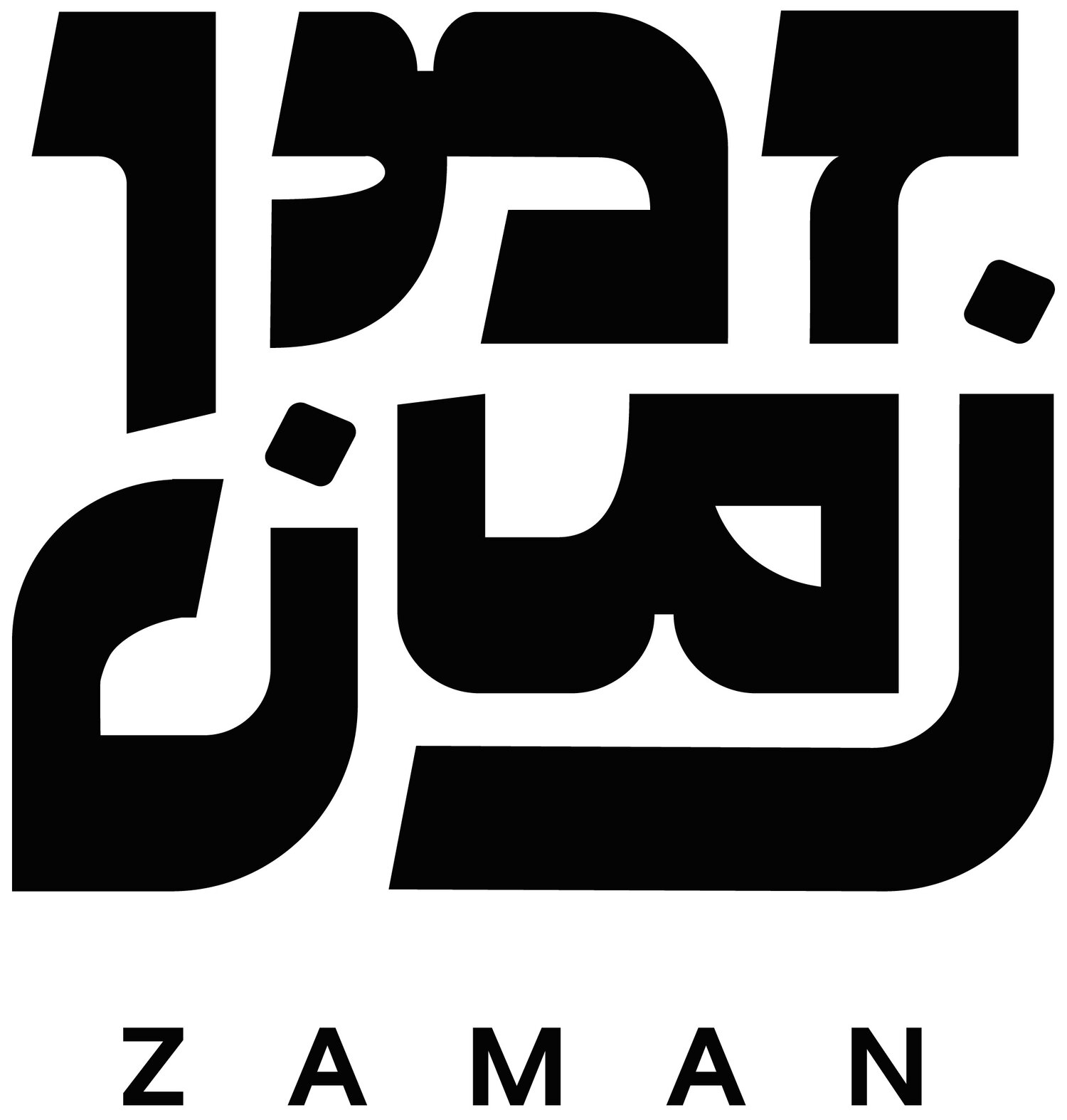Gol-e Man / گل من
Illustration by Gabie Yacobi
I used to run through my grandmother’s garden, my little feet stumbling over pine needles and twigs. I was free there, among the hydrangeas and roses. “Goleh man! Aroosakeh man!” my grandma would shout lovingly from her seat by the door. Among the petaled plants, I too was a flower. As a child, I found this to be nothing short of blissful; I was rolling in the grass, swaying in the breeze, thinking how pretty, prim, and pink I was.
“Gol” (flower in Farsi) and “aroosak” (doll) are sweet terms, meant to express adoration and affection. They are supposed to be endearing, to show how wonderfully delicate someone is. Then why do they make me feel like a noun, an object, a thing to be looked at? They feel passive, just as Persian Jewish women are expected to be in regards to love and sex.
Growing up in a relatively insular Persian Jewish community, I was presented with a very specific, at times, stifling image of femininity. I observed the people around me tending to their young girls like flowers in a garden, to be modest, hide our skin, preserve the image of chastity. I asked myself why we were groomed to be as pure and pristine as possible, to present this image of perfection for the world to gaze upon, to be “najeeb.”
I just recently came across that term. “Najeebness” is a compilation of the qualities that women are expected to have to be considered desirable in the Persian Jewish community: purity, innocence, and virginity. I never used to associate the suffocating pressure of being “najeeb” with the veiled compliment of being like a fragrant flower or a beautiful doll. But the more I thought about it, the more I understood that this language, this enforcement of unrealistic standards of figurative and literal virginity, often just serves to sheer the thorns from our personalities and dull the female form into something more submissive.
Even if I wasn’t explicitly told to be “najeeb,” the word’s meaning was omnipresent in the ways women in my community were viewed and discussed. From what I could gather, women are expected to have no sexual experience, but to still give off enough sex appeal to attract a “khastegar” (a suitor). The tagline here, in essence, is to seduce, but never engage in sexual activity unless you intend to reproduce. Draw men in with your perfume, but do not let them between the petals, near your rosehip - not until there’s a ring on your finger and glass still lingering under the heel of his shoe.
At times, it seems as though my petals are not meant for me, but for others to gaze upon. My stem is meant to hold me up only so some prince, some preferably Persian, preferably Jewish man will pluck me from where I stand and whisk me away to a vase so they may admire me in my captive beauty.
The problem with metaphorical terms of endearment like “goleh man” and “aroosakeh man” is that the subject is a passive object valued for its beauty and destined to wait until it is chosen by its bearer. Once I have been swept off my feet in all my chaste, unadulterated glory, what? I wait? After my beauty fades, after the rose wilts and the doll’s glittering painted eyes are coated with dust, do I not hold any value?
As sweet as these metaphors are when they leave my grandmother’s lips, they don’t fuel some attention driven vacuum in my soul; they merely invoke a sense of disposability, often causing me to sit with an unspoken feeling of discomfort that I can’t shake.
Rationally, I know that I am more than the sum of my parts - more than the compliments gifted so graciously to me, more than the coats of mascara I bat in expected reciprocity and thanks. But these intended compliments do not make me feel as I look - I feel neither beautiful nor delicate, but fragile and precarious, neither soft nor effervescent, but crushed and subdued. When a boy from my community goes out to a party, clad in his suit or tux, he is dashing, handsome, like a man. When I go out to a party, I am like a rose - not a woman, not a person - a flower. A rose by any other name would smell just as sweet, so why must I be a docile, complacent, sedentary object sheared of my thorns and bristles?
I know that the people who levy these pressures against me and other girls in my social sphere have not intended to objectify us, but the effects of their spoken and unspoken expectations about beauty and sexuality have followed me throughout my life. Thoughts of whether I am good enough, whether sufficient makeup has been applied, whether my hair looks tastefully curled or puffy, have cropped up around me like weeds.
I recently moved to New York and assumed that this ingrained insecurity would dissipate with the increased distance from the social pressures that caused it to flare up. What I have found, however, is that the voices of my older relatives and distant acquaintances still collectively chatter in my ears - chiding my oversized sweatshirts and scuffed, chunky sneakers.
In the end, though, I’ve come to realize that I can be both an exquisite flower and a strong, capable, real woman. My beauty, though I should teach myself to appreciate it, is not the sole defining characteristic of who I am. Thorns and strength should not be vices, but tools of self-empowerment. As I venture to discover my own balance of tenacity and charm, I continue to embrace not just my beauty or purity, or, when I so choose, a lack thereof, but every facet of who I am.

